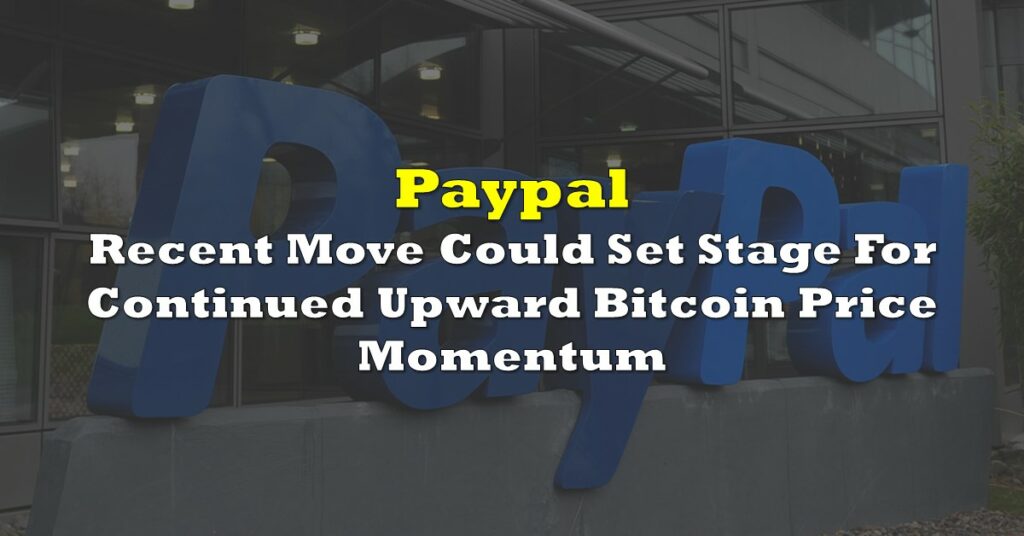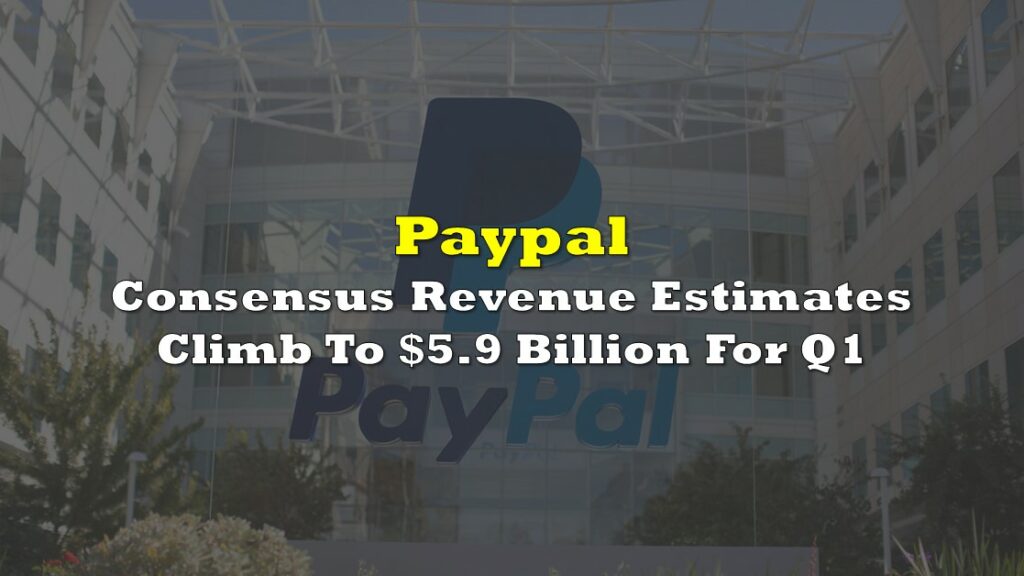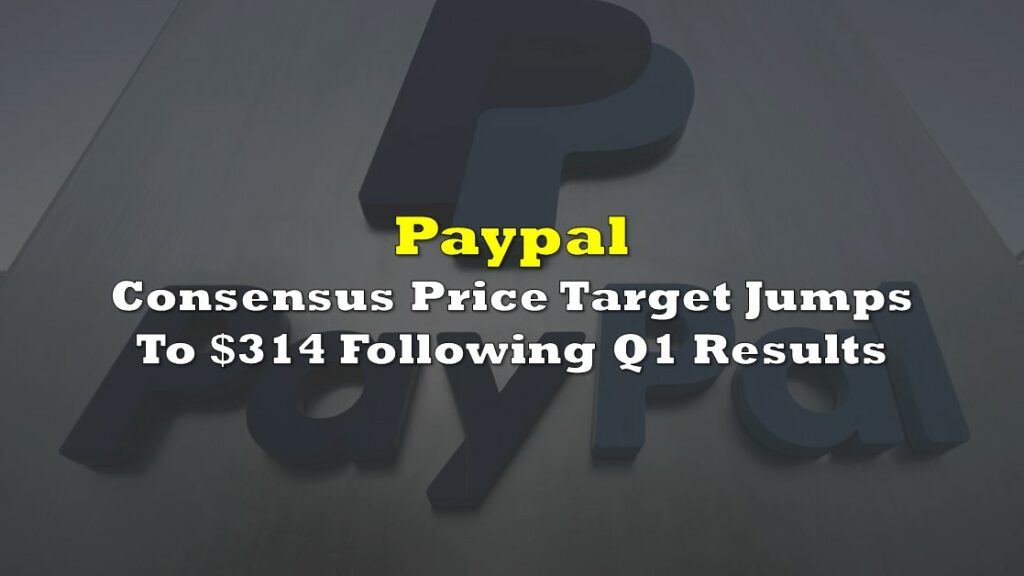The PayPal Honey browser extension—a popular tool marketed to help consumers save money—has come under fire after a viral exposé by YouTuber MegaLag. In the video, Honey is accused of unethical practices, including hijacking affiliate commissions from influencers and failing to find the best deals for shoppers. These allegations cast doubt on Honey’s promise to deliver “every working promo code on the internet.”
Honey, acquired by PayPal (NASDAQ: PYPL) for $4 billion in 2020, functions as a browser extension that automatically applies discount codes at checkout. It advertises itself as a free tool that simplifies saving money online.
However, MegaLag claims this promise is misleading, stating in the video: “Honey wasn’t finding you the best deals possible; they were intentionally withholding them for their own financial gain.”
The investigation highlights cases where Honey ignored better discounts readily available online, prioritizing codes from its partner businesses instead.
The most alarming accusation involves Honey’s alleged interception of affiliate commissions. According to MegaLag, when users activate Honey during checkout, it replaces existing affiliate links with its own tracking codes—even if Honey provides no additional value, such as a valid coupon.
“Imagine being at a department store… a sleazy salesman pops up going, ‘Hey, should I check if I have any coupon codes for you?’… Instead of handing back the original referral card, he hands back his own,” he explained.
This practice not only deprives influencers of revenue but also raises ethical concerns about transparency in online transactions.
MegaLag also accuses Honey of misleading consumers. While the extension promises to find the best deals online, it often prioritizes “Honey-branded” codes, which may offer smaller discounts than what users can find through a manual search. Additionally, Honey allows partner businesses to control which discounts are visible, as revealed in a company podcast.
For influencers, the impact of Honey’s practices is particularly severe. Many content creators rely on affiliate revenue to sustain their work. As MegaLag points out: “This scam doesn’t just affect wealthy influencers. Hundreds of thousands of small creators rely on affiliate commissions to support their craft.”
PayPal Vice President of Corporate Communications Josh Criscoe defended Honey’s practices, stating in an email to The Verge: “Honey follows industry rules and practices, including last-click attribution.”
While last-click attribution is a common standard in affiliate marketing, critics argue that Honey’s methods circumvent fair competition. Linus Media Group (LMG), a prominent YouTube channel, ended its partnership with Honey in 2022 after discovering these practices.
“We entered the partnership with Honey due to the way their service interacted with affiliate links. Essentially, if someone clicked on an affiliate link and then they used Honey to search for a deal, Honey would override that tracking link—even if they didn’t find you a deal. That didn’t drive with us, so we ended the partnership,” an LMG representative wrote.
The allegations against Honey underscore broader issues within the digital economy, including a lack of transparency and oversight. While Honey markets itself as a consumer-friendly tool, MegaLag argues that its business practices prioritize profits at the expense of its users and partners.
As the controversy gains traction, PayPal faces mounting pressure to address these allegations. For now, Honey’s users may be left wondering whether the discounts they’re offered are truly worth the cost.
Information for this briefing was found via The Verge and the sources mentioned. The author has no securities or affiliations related to this organization. Not a recommendation to buy or sell. Always do additional research and consult a professional before purchasing a security. The author holds no licenses.









